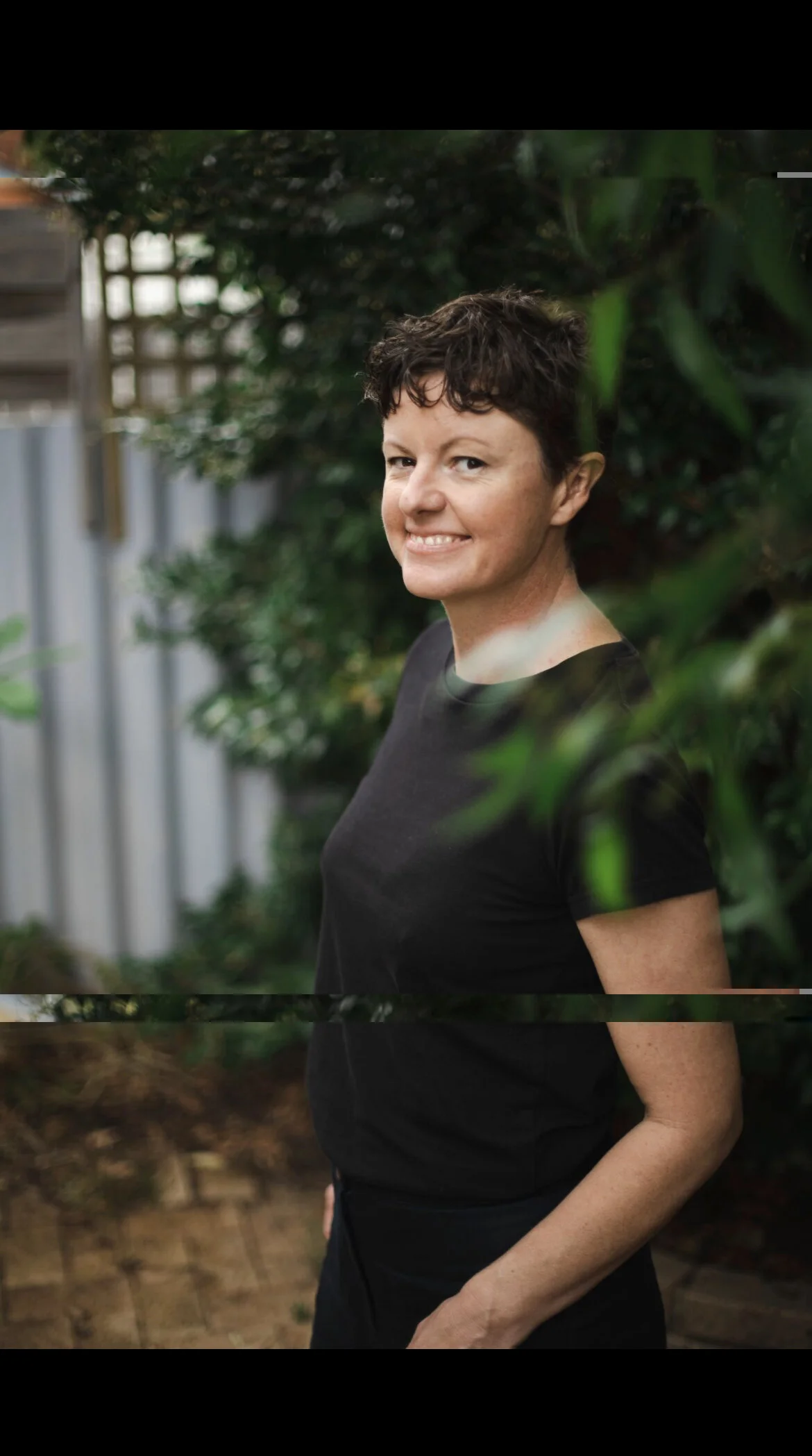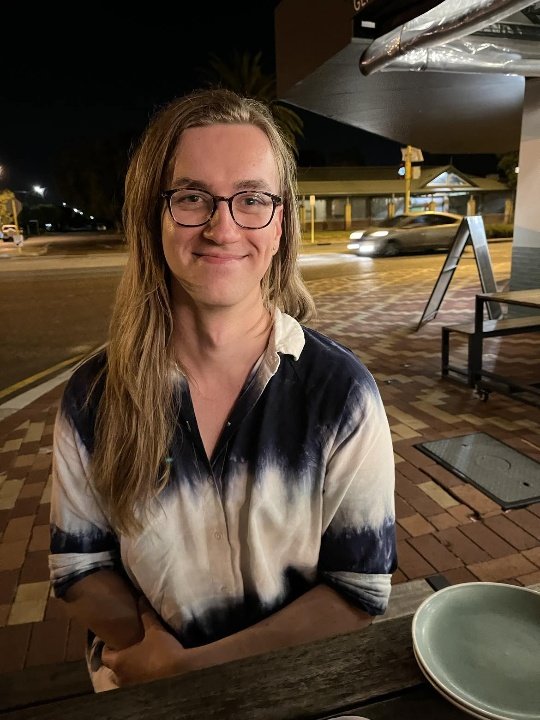Counselling Focus Area
Trauma counselling
Why trauma counselling?
Trauma, a deeply personal and often complex experience, touches lives in myriad ways. Whether stemming from past incidents, ongoing situations, or systemic issues, trauma's effects permeate through our emotional, psychological, and physical wellbeing.
Trauma counselling, approached from a trauma-informed, gender-affirming, and neurodivergent positive perspective, offers an empathetic space for individuals to process their experiences, heal, and reclaim their sense of self.
Trauma Counselling
Understanding trauma counselling
Trauma counselling prioritises:
Safety and Trust: Establishing a secure environment where clients feel safe to share, process, and heal.
Validation and Affirmation: Recognising and affirming each individual's experiences and identity, embracing their unique neurological and gender expressions.
Empowerment: Equipping individuals with the tools and strategies they need to reclaim control and navigate their healing journey.
Why seek trauma counselling?
Trauma manifests from a multitude of situations and experiences:
Personal Incidents: Abuse, assaults, accidents, or any distressing event that has left lasting scars.
Systemic Trauma: Experiences rooted in discrimination, bigotry, or systemic oppression based on gender, neurodivergence, race, or other identities.
Ongoing Situations: Chronic illnesses, abusive environments, or any prolonged periods of distress.
The Benefits of Trauma-Informed, Gender-Affirming, and Neurodivergent Positive Counselling
Opting for such an encompassing counselling approach offers a range of potential advantages:
Seeing the Whole Person: Understanding the client in their entirety, respecting their neural, gender, and trauma experiences, fosters deeper healing.
Authentic Self-Expression: Clients are encouraged to be their genuine selves, without fear of judgment or misunderstanding.
Resilience Building: By understanding and addressing the root causes and implications of trauma, individuals are better equipped to build resilience and navigate future challenges.
What to expect in trauma counselling
A typical trauma counselling session from this perspective will involve:
Comprehensive Assessment: An understanding of the client's trauma, gender identity, neurological orientation, and their interplay.
Safe Expression: A nurturing space where individuals can express and process their traumas, feelings, and experiences.
Empowerment Techniques: Equipping clients with strategies like grounding exercises, cognitive reframing, and self-compassion practices.
Affirmation and Validation: Continuous affirmation of the client's identity and experiences, fostering a sense of worth and validation.
FAQs
-
All sessions are held online, via encrypted telehealth.
-
Our practitioners work varying hours, Monday to Friday.
-
The sessions run for 50 minutes and are either $155 standard or $115 financial discount.
-
Email admin@progressivetherapeutic.com.au
-
We endeavour to be a flexible practice, providing opportunity for reschedules and cancellations with up to 24 hours notice. Any appointment rescheduled or cancelled with less than 24 hours notice, will be charged the full amount. We are a small practice and our sole income is derived from our sessions.
Pay the Rent & Mutual Aid
The Pay the Rent movement calls for non-Indigenous individuals and businesses to regularly contribute financially to Indigenous organisations as part of reparations and restorative justice. This movement aims to provide tangible support to Indigenous communities, addressing historical and ongoing injustices while fostering a sense of accountability and solidarity.
At Progressive Therapeutic Collective (PTC), we've been paying the rent since our inception four years ago.
Each year, we allocate 1% of our annual profit to The Westerman Jilya Institute for Indigenous Mental Health and another 1% to Decolonise Sex Work Australia, a Blak mutual aid fund for sex workers. As a white-owned business, we believe it’s crucial to acknowledge and address systemic injustices against Indigenous communities. Our commitment to mutual aid is about taking concrete actions to bring aboug meaningful and genuine social change.











